Why SARA2020? - SARA2020
Why SARA2020?
Data exploitation i.e. the use in scientific research of the data produced by space missions and astronomy facilities is a key aspect of space and astronomy projects. These data - together with other resources, such as software tools, scientific papers, and technical notes- are stored in archives and are accessed and shared by researchers and by anyone interested in using them. Thus, the on-line accessibility and e-collaboration aspects are important for the users, especially for those who may find it more challenging to incorporate these resources into their work due to a disability. The tools and approaches to fully exploit the available data are constantly evolving, and so is the need to train the research personnel to maximise the scientific return. For this reason, space science and astronomy organisations around the world engage young professionals and experts in information technology and software to push further the exploitation of space- and ground-based data with the ultimate goal to make their on-line resources accessible to all academic and professional researchers, regardless of their condition.
European Space Agency (ESA)
The European Space Agency (ESA) is Europe's gateway to space. Its mission is to shape the development of Europe's space capability and ensure that investment in space continues to deliver benefits to the citizens of Europe and the world. ESA’s Director General has placed Diversity and Inclusiveness high on the Agency’s corporate agenda. This commitment has been reflected in a DG policy statement released on ESA website in 2017, and resulted in the creation of a Diversity and Inclusiveness Office. Among the activities addressed by the Office is the setup of training opportunities for people with disabilities, including on data processing and information technologies relevant to ESA missions.
International Astronomical Union (IAU)
The International Astronomical Union (IAU) is the largest association of professional astronomers in the world from almost 100 different countries. In its Strategic Plan for 2020-2030 the IAU has underlined the necessity of achieving real inclusion, diversity and equity in all fields of Astronomy. The Executive Committee (EC) Working Group (WG) on Astronomy for Equity and Inclusion was established in 2019, to propose and implement strategic actions in order to accomplish that goal.
European Southern Observatory (ESO)
The European Southern Observatory (ESO) is the pre-eminent intergovernmental science and technology organisation in astronomy. It carries out an ambitious programme focused on the design, construction and operation of powerful ground-based observing facilities for astronomy, in order to enable important scientific discoveries. ESO also plays a leading role in promoting and organising cooperation in astronomical research. Diversity and inclusion are important values of the organization and the ESO Diversity and Inclusion Committee works in support of these, making its community at-large aware of how everybody can contribute to make astronomy and astro-related technology attractive and accessible to a more diverse audience.
Square Kilometre Array Observatory (SKAO)
The Square Kilometre Array Observatory (SKAO) will soon be established as an intergovernmental organisation dedicated to radio astronomy. Its mission is to promote global collaboration in radio astronomy and deliver the SKA, the world's largest radio telescope. Backed by a unique collaboration of 15 member countries across five continents and both hemispheres, it is inherently diverse. Promoting and respecting Diversity & Equality is enshrined in its founding treaty, with SKAO's EDI vision aiming to enable equality of opportunity for all, eliminate discrimination and be recognised as a role model in the field. As a distribute research infrastructure, it is committed to making its facilities and research accessible to all in its community.
SARA2020. a joint venture by ESA, IAU, ESO and SKAO.
In this context, ESA, IAU, ESO and SKAO are teaming up to organise a workshop on the links between space science and astronomy, inclusiveness and disability. The event will take place on 4-6 November 2020 at the European Space Astronomy Centre, ESAC, near Madrid, Spain, and it will be the first of a series of workshops focusing on diversity and inclusion aspects in our profession and communities.
The event will build on IAU’s Symposium on Astronomy for Equity, Diversity and Inclusion held in Tokyo, Japan, on November 12-15, 2019, also in terms of practices, by adopting a high standard on accessibility during the event and for the format of the material being presented. The papers with the best scientific and technical quality will be selected for on-line publication, along with the recommendations stemming from the event.
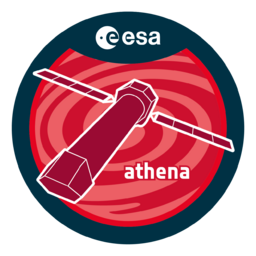
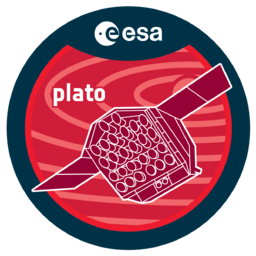
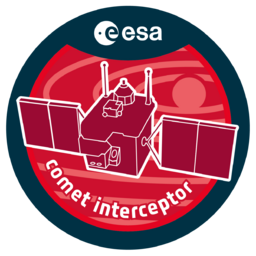

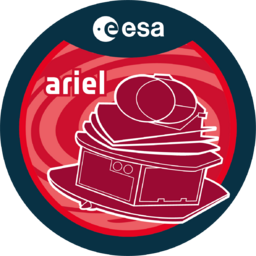
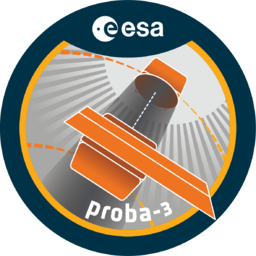
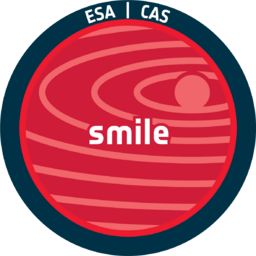
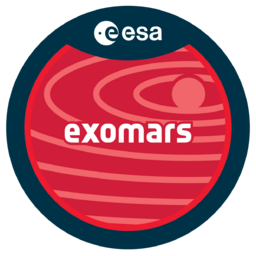
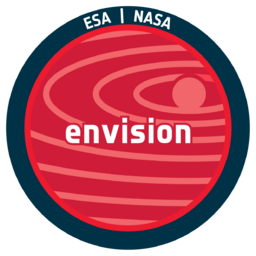
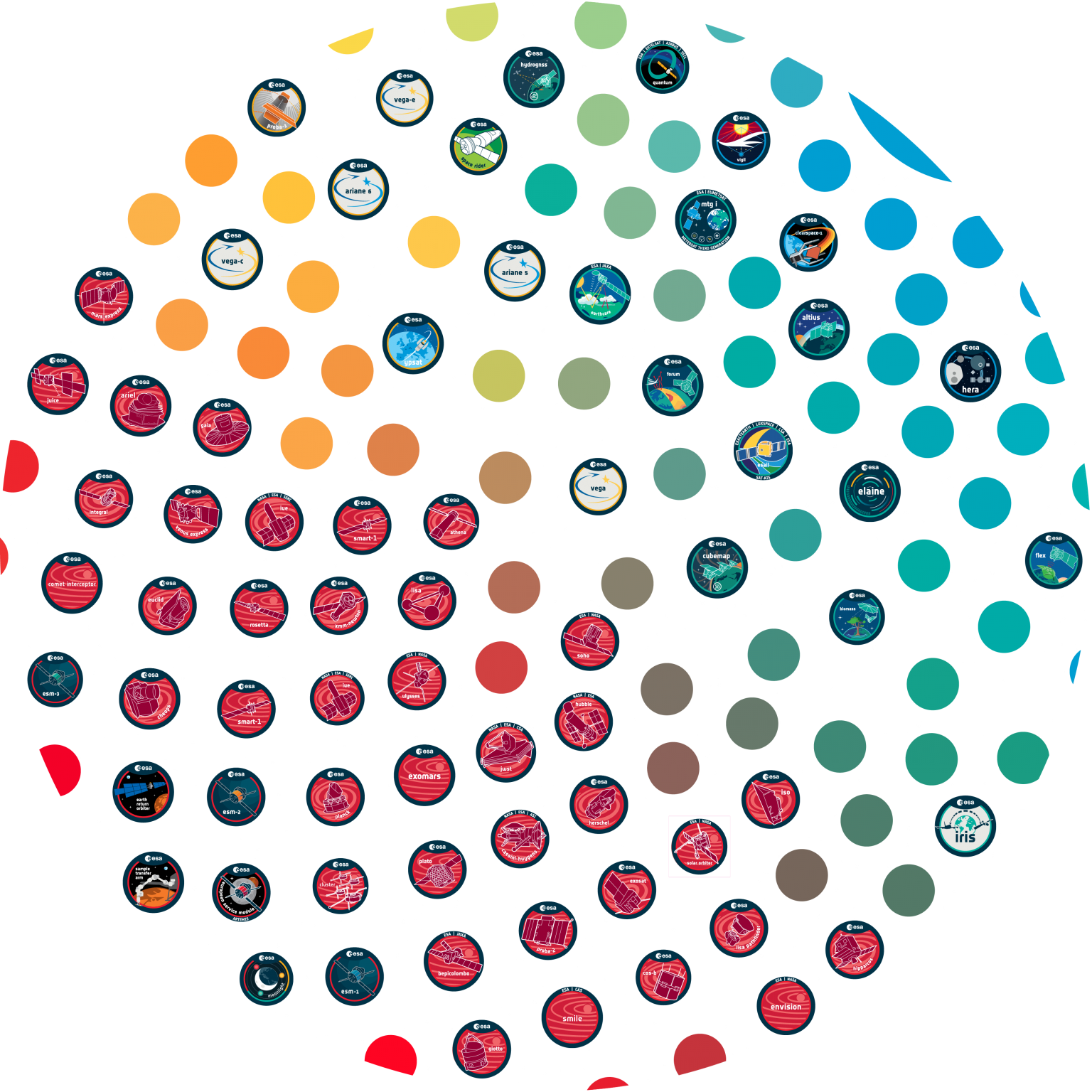
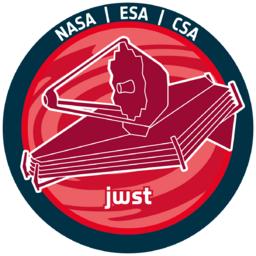
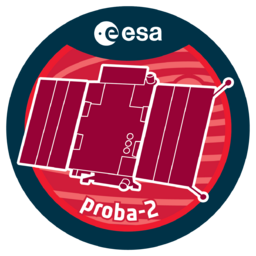
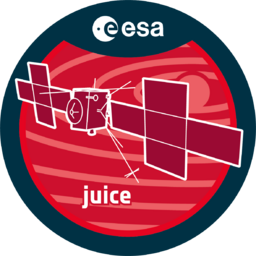
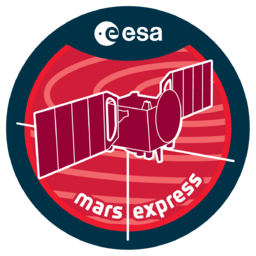
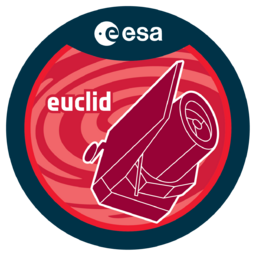
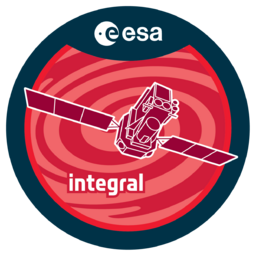
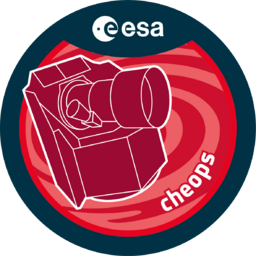
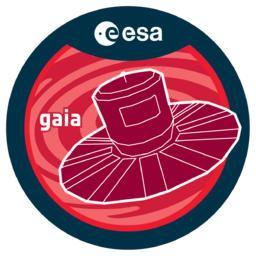
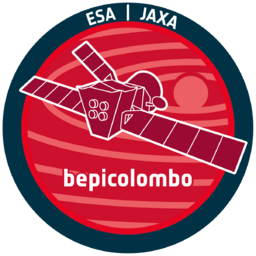
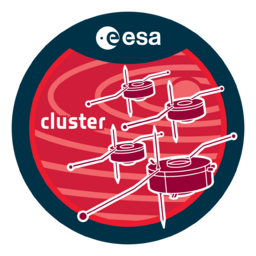
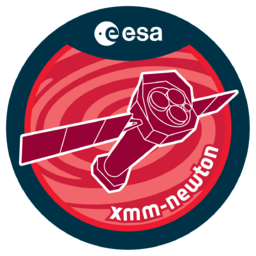
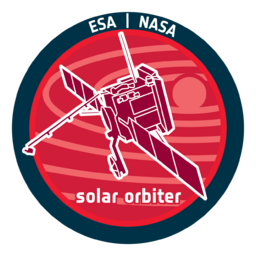
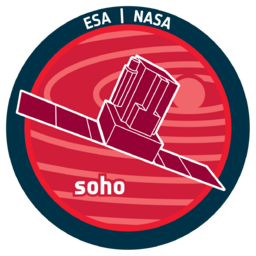
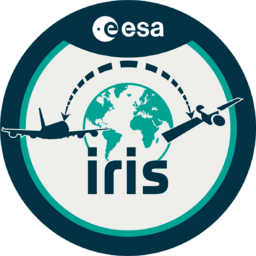
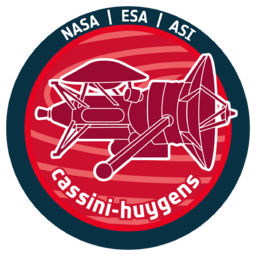
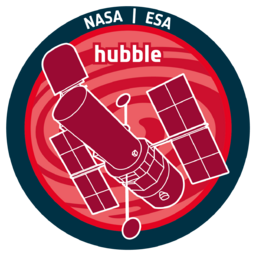
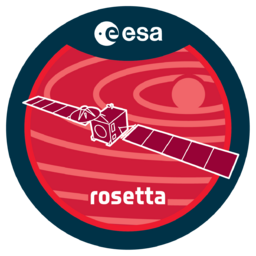
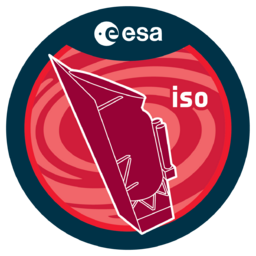

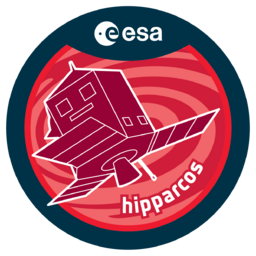
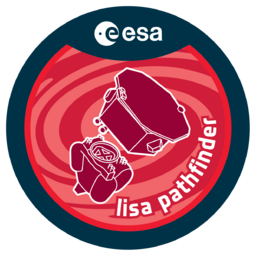
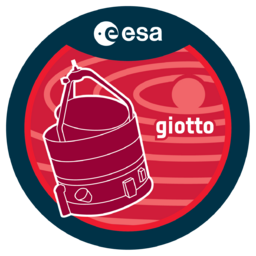
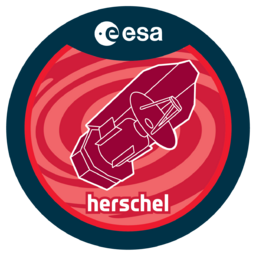
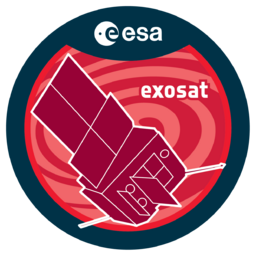
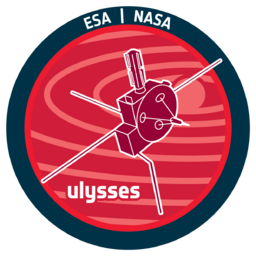
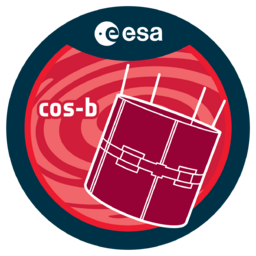
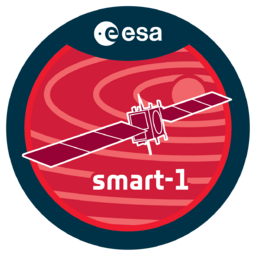
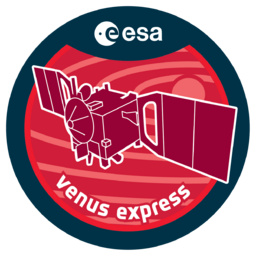
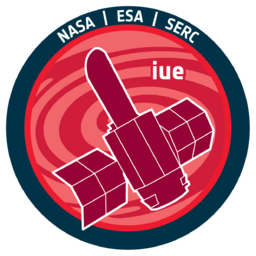

 Sign in
Sign in
 Science & Technology
Science & Technology